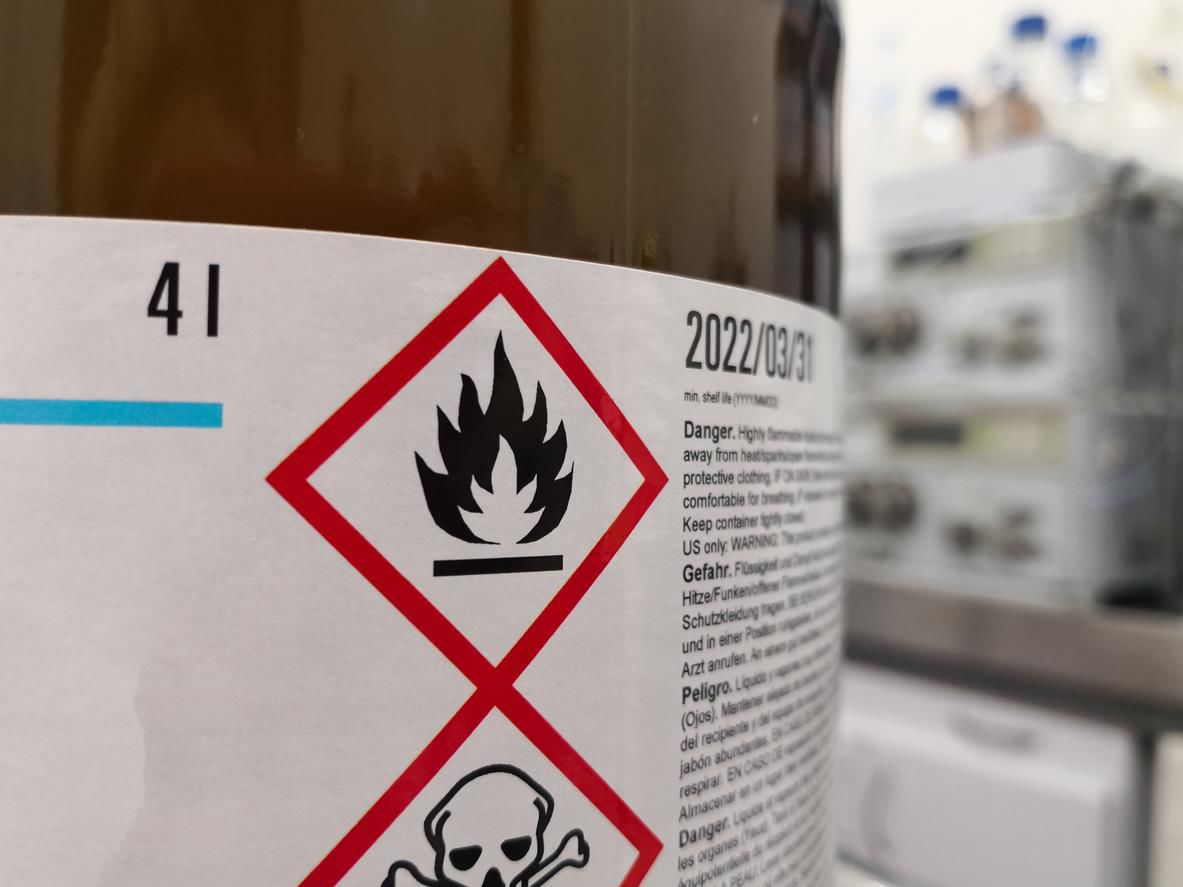Security agencies seize Chinese shipment of banned chemicals for Pakistan at Tamil Nadu port
Chennai, July 11
Security agencies have seized a Chinese shipment of internationally banned chemicals, apparently intended for Pakistan’s biological and chemical warfare program, at a port in Tamil Nadu, officials said on Thursday.
The consignment of Ortho-Chloro Benzylidene Malononitrile, also known as CS is used as a tear gas and riot control agent, was intercepted by Customs authorities at Kattupalli Port in Tamil Nadu, they said.
CS is a dual-use chemical listed under international agreements and India’s export control list. While it has civilian applications as riot control agents, the sheer quantity seized raises concerns about its potential military use.
The 2560-kg shipment originated from the Chinese firm, Chengdu Shichen Trading Co Ltd, and was consigned to Rohail Enterprises, a Rawalpindi-based defence supplier in Pakistan.
Stored in 103 drums of 25 kgs each, the cargo was loaded on a vessel Hyundai Shanghai (sailing under Cyprus flag), on April 18, 2024, at Shanghai Port, China. The Karachi-bound vessel reached Kattupalli Port (Tamil Nadu) on May 08, 2024.
The Customs authorities after routine checking detained the consignment as the chemical figured under India’s export control list of Special Chemicals, Organisms, Materials, Equipment and Technologies (SCOMET) as a controlled substance, they said.
Further investigation of the chemical showed that the consignment was a listed substance under the Wassenaar Arrangement, of which India is a signatory, they said.
The shipment was seized under the provisions of the Customs Act, 1962, and the Weapons of Mass Destruction and Delivery Systems (Prohibition of Unlawful Activities) Act, 2005.
Pakistan and China are not signatories to the Wassenaar Arrangement. Established in July 1996, the Wassenaar Arrangement is a voluntary export control regime. There are 42 members in the grouping. Members share information on conventional weapons transfers and dual-use goods and technologies.
According to officials, the large quantity of shipment raised concerns over its potential military use, more so given the ongoing internal conflicts in Pakistan, where security forces have been trying to suppress movements in Balochistan and Pakistan-occupied Kashmir.
The seizure of the consignment also comes amid reports of China supplying other “dual-use” items to Pakistan. It also underscores the complicity of China in aiding Pakistan’s military advancements, with previous incidents pointing towards a pattern of supplying dual-use items and controlled substances.
Earlier this year in March, security agencies confiscated high-precision computer numerical control (CNC) machinery destined for Pakistan’s defence industry.
In April, the US sanctioned three Chinese companies for supplying components to Pakistan’s ballistic missile program.
According to officials, the interception also exposes the alleged proliferation network between China and Pakistan. The involvement of Chinese companies in supplying key components to Pakistan’s ballistic missile program further deepens the web of proliferation activities.
International regulations and covenants have been blatantly violated, as shown by the seizure of CNC Machinery earlier this year, highlighting the grave implications of such illicit activities, the officials said.
The possibility of overland routes being utilised for transferring sensitive equipment between China and Pakistan adds another layer of complexity to this illicit collaboration, officials said.
Pakistan’s covert activities, backed by China, pose a direct threat to regional stability and global security, officials said and stressed the need for urgent action by the international community to curb such proliferation efforts.









